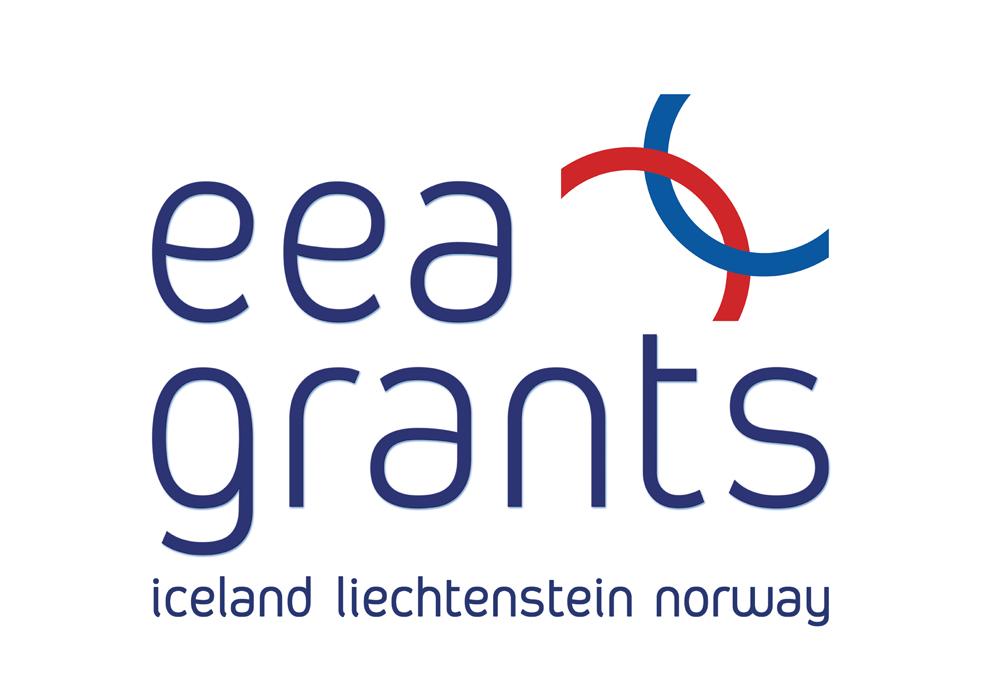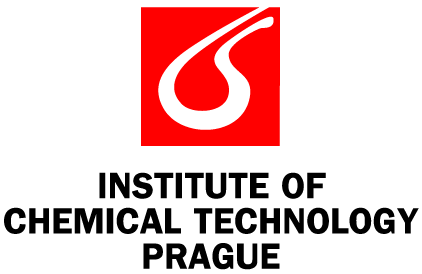The Institute of Chemical Technology, Prague (ICT Prague)is a public university providing education and pursuing scientific, research, development and implementation activities. It is a member of the family of 28 public and state universities in the Czech Republic, a member of EUA, FEANI and IGIP. The ICT is known for both the depth and broadness of its educational and research activities in almost all branches of chemistry, chemical engineering, food chemistry and technology, biochemistry, refining, water-treatment, power and biological sciences and technologies, as well as environment protection, materials sciences and other chemistry-based fields of study. The ICT was founded in 1952, but its roots date back to 1807 when the first course in chemistry was delivered at the Royal Czech Polytechnical Institute in Prague.
The ICT consists of four faculties, Faculty of Chemical Technology, Faculty of Environmental Technology, Faculty of Food and Biochemical Technology, Faculty of Chemical Engineering, and departments accommodating the needs of all ICT Faculties.
The ICT currently comprises almost 780 staff, including more than 50 professors, 100 associate professors, and 280 assistant professors and assistants. The Faculties of the ICT are accredited to provide three-year Bachelor programmes, five-year Master programmes (ending with the award of the academic title Engineer), and PhD programmes. The total enrolment at the ICT is about 3200 Master and Bachelor students and 550 PhD students.
The ICT cooperates with more than 50 universities and institutions mostly in Europe, but also in the USA, Canada, Japan and other countries. The ICT is the most active among Czech universities in the SOCRATES/ERASMUS student exchange programme. In addition, it also collaborates within other programmes, such as the 6th framework programme, COST, EUREKA, Leonardo da Vinci, or programmes of overseas grant agencies.
Department of Food Chemistry & Analysis as a coordinator of this project is a part of the Faculty of Food and Biochemical Technology.
THE RESEARCH ACTIVITIES are focused mainly on:
- Development / optimization of modern analytical methods – implementation of emerging technologies, improved performance characteristics in (ultra)trace analysis
- Environmental contaminants – the fate in the environmental compartments
- Chemical reactions in food – Maillard reaction, lipids oxidation, flavour formation
- Contaminants / toxicants – occurrence in food crops, fate during processing, mitigation strategies
- Dietary biologically active components – identification in complex mixtures formation pathways, changes during household / industrial processing and storage
- Traceability of food origin – implementation of novel analytical tools
- Organic farming – assessment of the quality (including flavour) and chemical safety
COLLABORATION WITH FOOD INDUSTRY is also an important part of applied research and comprises:
- Testing of food quality / safety, assessment of compliance to food regulation
- Investigation of the transfer of persistent environmental pollutants (POPs) into food chain
- Studies on the fate of food contaminants / toxicants during processing and storage
- Detection of fakes and food adulteration
- Assessment of volatile profiles to identify compounds causing off-flavour or to detect markers of food origin
- Support of HACCP systems (set-up and validation)
- Optimisation of food processing technology to reduce formation of processing contaminants
ICT team provides scientific advice to governmental institutions responsible for food quality and safety. Co-operation with National Accreditation and Metrological Institute in the field of accreditation of testing laboratories, QA/QC, interlaboratory studies, reference materials and traceability of chemical measurements has been established in the last decade.
METROLOGICAL / TESTING LABORATORY of the Department of Food Chemistry and analysis is accredited according to the International standard ISO/IEC 17025:2005 by the CAI, signatory of the ILAC-MRA and participates regularly in proficiency testing (FAPAS, EU PT, IRMM, IAEA, etc.). Most of accredited tests are multiresidue methods covering a wide range of following groups of target analytes:
- Halogenated persistent environmental contaminants (PCBs, OCPs, BFRs etc.)
- Polycyclic aromatic hydrocarbons and tehir derivatives (PAHs)
- Residues of modern pesticides, veterinary drugs
- Biologically active compounds, both health promoting and toxic, including mycotoxins
- Processing contaminants (acrylamide, furan, 3-MCPD etc.)
RECENT AND CURRENT PARTICIPATION IN INTERNATIONAL RESEARCH PROJECTS:
- CONffIDENCE (FP7-211326 - CP Collaborative Project) - Contaminants in Food and Feed: Inexpensive Detection for Control of Exposure. >>>
- TRUEFOOD (Integrated project - starting): Traditional United Europe Food. Hazardous chemical contaminants in traditional foods (control of mycotoxins during the production of traditional fermented food, processing contaminants – acrylamide and furans). >>>
- BIOCOP (FP6-Food-2004-06988): New technologies to screen multiple chemical contaminants in foods. Development and validation of progressive analytical techniques for pesticides, environmental contaminants and natural toxins.>>>
- TRACE (FP6-Food-2004-006942): Tracing food commodities in Europe. Food authenticity - rapid and profiling methods, training and dissemination of knowledge. >>>
- Quality Low Input Food (Food-CT-2003-506358): Effect of crop management practices – organic, “low input” and conventional – the influence on the composition and quality of foods.
- HEATOX (Food-CT-2003-506358): Heat generated food toxicants. Exploration of acrylamide formation and reducing its levels in processed food. >>>
- STAMPS (EVK1-CT-2002-00119): Standardized passive samplers. Sampling and determination of priority pollutants in surface waters - bioavailable fraction. >>>
- FIRE (QLK4-CT-2002-00596): Brominated flame retardants – integrated risk assessment for endocrine effects. Assessment of contamination levels, analytical techniques. >>>
- Pesticides in baby food (NATO for Peace – SfP-977983): Analytical methods and the effect of processing on pesticide residues – minimization of residues, HACCP.
- COST OC 629: Pollution in natural porous media. Innovative sampling and analytical techniques for xenobiotics; influence of floods on the pollution of alluvial ecosystem.
- COST OC 924: Health Promoting Components in Fresh Fruits and Vegetables. Food Crops from Organic Farming - influence of cultivation conditions (compounds selected as markers: furocoumarins in parsnip, glucosinolates in white cabbage, alkyl cystein sulphoxides in leek, lycopene and a-tomatine in tomatoes, a-solanine, a-into phytoestrogens and hop prenylflavonoids during food / beer processing.
- COST OC 927: Heat-induced hazardous compounds in processed foods. Investigation of volatile markers of acrylamide formation, GC–TOF-MS profiles of volatile compounds released from chips during?SPME–GC industrial /household frying, occurrence of furan in various thermally treated foodstuffs; processing experiments.
- COST OC 636: Modern methods for analysis of xenobiotics in aquatic environment (synthetic musk compounds, alkylphenols, pharmaceuticals, organohalogen compounds incl. PCBs and brominated flame retardants). Quality assurance in organic micropollutant analyses – guidelines for monitoring strategies, Occurrence of newly emerging xenobiotics in water rcosystem and biota.






